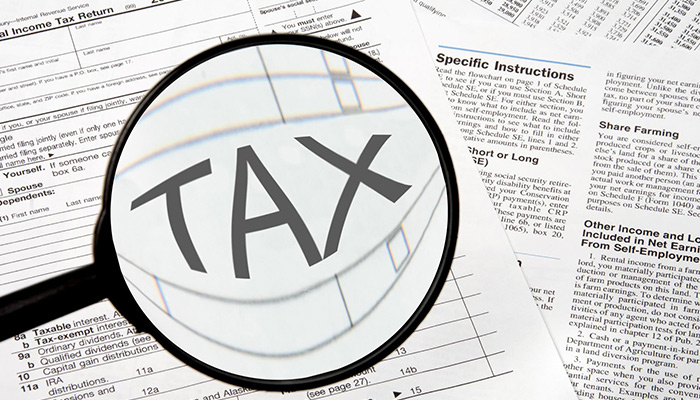
Table of Contents
Discharging tax obligations remains important even in the event of a taxpayer’s death. The task falls to the administrator of the estate to make sure that they have crossed every t and dotted every i in line with the tax code. It is always advisable to consult a reputable IRS tax attorney when handling the tax affairs of a deceased person. In this blog, we are going to take a closer look at all you need to know about filing taxes for a deceased person.
IRS’ stance on taxes for deceased people
Let’s be clear about one thing. The IRS never cancels tax debts even if a person succumbs to death. IRS penalties and interest can continue to accrue on unfiled returns even after a person dies. If you are in charge of a deceased person’s estate, you need to file taxes on their behalf. Both the IRS and the respective state taxing agencies will hold you accountable for filing and paying the taxes on time. You should file taxes similarly to how the deceased person would have done. That means filing both state and federal taxes for the year of death. Generally, as an estate representative, you will need to file the IRS Form 1040. You should accurately report all income up to the date of the person’s death. If you think the task is too complicated, hiring a Dallas – Fort Worth tax attorney gives you access to the best help.
Related Blog Post: 5 Common FAQs About IRS Office Of Appeals
What if the deceased person owed taxes?
If a recently deceased family member owed taxes before their death, you must pay the outstanding balance immediately. The consequences of not paying or filing federal and state taxes do not evaporate just because a person has died. If the taxes are not paid in full, the IRS, along with the respective state taxing authorities may collect the dues from the deceased person’s estate. In many cases, the IRS will even attach an estate lien to the deceased’s property.
Related Blog Post: Appeals: The Gateway to Resolving IRS Tax Disputes
Don’t Let IRS Tax Problems Keep You Up at Night
Speak with an experienced tax attorney and take the first step toward peace of mind.
How long can you keep a deceased person’s tax records?
As a rule of thumb, the minimum amount of time that you should keep a deceased person’s tax records is three years. In most cases, returns going back three years are subject to audits. However, it might also happen that the IRS decides to go as far back as six years when auditing a deceased person’s past returns. This is why you should get hold of all tax records belonging to the deceased person for at least a seven-year span.
Final word
You must file and pay taxes for a deceased person on time and abide by the tax code in all respects to avoid an IRS tax investigation or harsh penalties on the estate. IRS tax attorneys in Dallas – Fort Worth, TX are always available to help when handling a deceased person’s taxes to avoid mistakes and get a speedy IRS problem resolution. The Law Offices of Nick Nemeth has a team of highly experienced tax attorneys in Dallas – Fort Worth, TX, that work with individuals and organizations looking for reliable tax help in Dallas – Fort Worth and surrounding areas. To schedule an appointment, call (972) 426-2553 or fill out our Contact Form.


